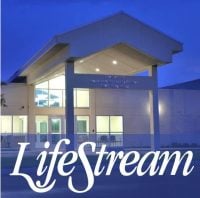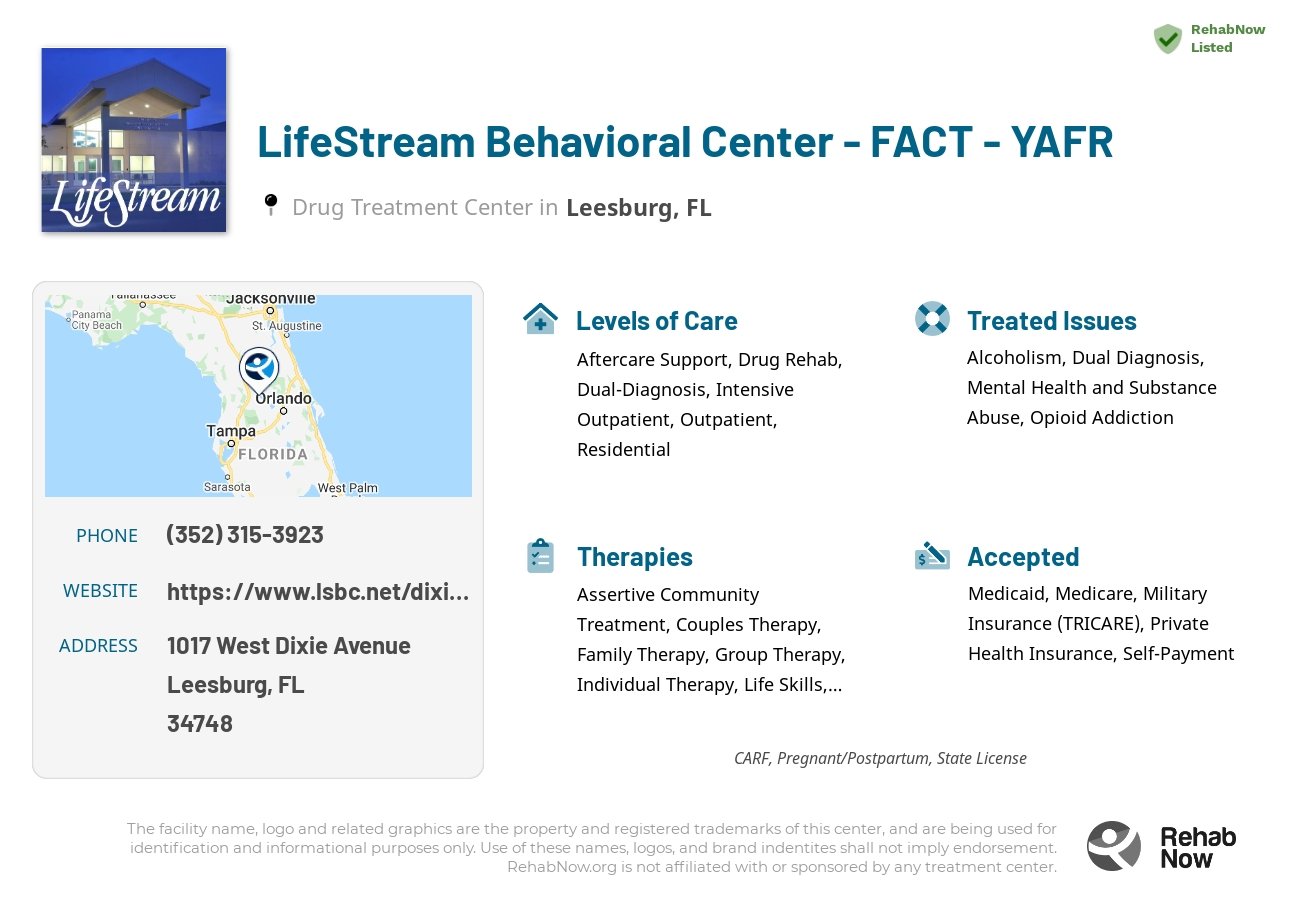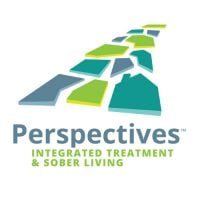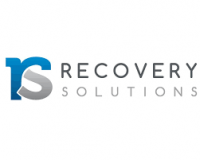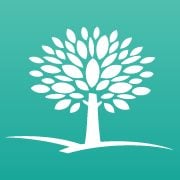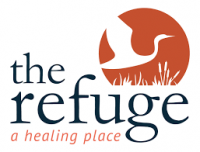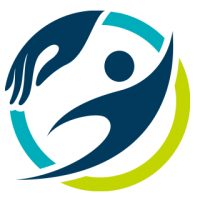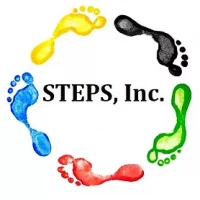LifeStream Behavioral Center - FACT - YAFR
Drug Rehab Center in Leesburg, Florida
Lifestream Behavioral Center in Leesburg, Florida is a comprehensive mental health treatment center that offers a variety of treatment programs for substance abuse, mental health disorders, and dual diagnosis, with certified professionals using various treatment methods including assertive community treatment, couples therapy, group therapy, individual therapy, life skills, nutrition therapy, recreational therapy, and trauma therapy.
About LifeStream Behavioral Center - FACT - YAFR in Florida
LifeStream Behavioral Center - FACT - YAFR, situated in the heart of Leesburg, Florida, stands out for its comprehensive approach to behavioral health, specifically targeting youth and family recovery. This facility distinguishes itself by not just focusing on symptom management but by promoting sustained recovery and reintegration into family and community roles.
- Offers a range of care levels tailored to individual needs, including Intensive Outpatient Programs (IOP) and standard outpatient care.
- Accredited by the Commission on Accreditation of Rehabilitation Facilities (CARF), ensuring high-quality and effective treatment.
- Emphasizes the importance of both individual and group therapy sessions within its treatment programs.
LifeStream Behavioral Center is recognized for its commitment to high standards, evident through its CARF accreditation. Their approach is holistic, addressing not only the addiction but also the potential for their clients to contribute positively to their communities and families.
Specializing in alcoholism, dual diagnosis, opioid addiction, and other drug addictions, LifeStream offers a comprehensive spectrum of treatments. Methods range from detoxification to residential treatment, alongside intensive outpatient and aftercare support, ensuring a path towards recovery for each individual.
Genders
Ages
Modality
Additional
Accreditations
State License

CARF
The Commission on Accreditation of Rehabilitation Facilities (CARF) is a non-profit organization that specifically accredits rehab organizations. Founded in 1966, CARF's, mission is to help service providers like rehab facilities maintain high standards of care.
Conditions and Issues Treated
Treatment for opioid addiction is best made with the help of medical professionals who are experienced in dealing with these types of drugs. This treatment can involve medications, exercise, behavioral therapy, and counseling sessions. It is important to note that the effectiveness of treatments for opioid addiction vary, so it is vital to research which treatment options are suitable for each individual.
Many people who struggle with opioid addiction need to attend specific programs like methadone , Suboxone or Vivitrol clinics.
These types of programs will provide the patient with legal, prescription medications that can help them overcome their cravings for illegal opioids like heroin or fentanyl . If the patient has a chronic condition like Hepatitis C, they must undergo treatment before they can begin taking these medications.
Individuals who are addicted to drugs and/or alcohol often have one or more co-occurring mental health disorders. Addressing both the addiction and the mental health problems at facilities like LifeStream Behavioral Center - FACT - YAFR can be very beneficial for these individuals.
Common mental health conditions that often co-occur with addiction include:
- Anxiety Disorders – People with drug and alcohol problems often suffer from anxiety disorders such as panic disorder, obsessive-compulsive disorder, social anxiety disorder, and generalized anxiety disorder.
- Depression – One of the most common mental illnesses co-occurring with addiction is major depressive disorder.
- Attention-deficit hyperactivity disorder (ADHD) – Many people with drug and alcohol problems also suffer from ADHD.
- Bipolar Disorder – People with bipolar disorder are more likely to suffer from drug and alcohol problems than the general population, and vice versa.
Levels of Care Offered
This center offers a variety of custom treatment tailored to individual recovery. Currently available are Aftercare Support, Drug Rehab, Dual-Diagnosis, Intensive Outpatient, Outpatient, Residential, with additional therapies available as listed below.
An intensive outpatient treatment program, or IOP, is set up for those struggling with an addiction to begin the recovery process. However, the patient will not live at the facility during treatment.
IOP involves patients coming in and out of a medical office building regularly to receive therapy and other services while continuing their life outside of these visits.
IOP is a step up from drug detoxification or alcohol detox. However, it’s still considered a phase of recovery rather than the ultimate goal. There are many rehabs and treatment facilities available to patients in need of IOP.
Outpatient treatment can be considered the lowest intensity level of addiction treatment in Leesburg, FL. It is ideal for early phase addiction or lower intensity addictions. LifeStream Behavioral Center - FACT - YAFR peer group support, 12-step programs, and individual counseling are likely to be involved.
Residential treatment programs are those that offer housing and meals in addition to substance abuse treatment. Rehab facilities that offer residential treatment allow patients to focus solely on recovery, in an environment totally separate from their lives. Some rehab centers specialize in short-term residential treatment (a few days to a week or two), while others solely provide treatment on a long-term basis (several weeks to months). Some offer both, and tailor treatment to the patient’s individual requirements.
Aftercare support is vital to those who have completed a drug or alcohol treatment program. This support comes in individual and family counseling, treatment of psychiatric and other medical conditions, and medications to reduce cravings. It helps recovering addicts adjust to normal day-to-day activities and can last for a year or longer.
The majority of drug and alcohol addicts who receive aftercare treatment do not relapse. It is estimated that without aftercare, the relapse rate will be between 70 to 90 percent for most people. Aftercare is the final stage in addiction recovery, but it will also help maintain sobriety if relapse does occur.
Therapies & Programs
Individual therapy is ideal for addicts who want to focus on themselves. It can also be helpful for those whose withdrawal symptoms are exacerbated by the presence of other people.
Benefits of individual therapy are:
- Access to a personalized treatment plan that focuses on the individual needs of the addict
- More privacy during treatment sessions
- Better personal development through introspection
- Increased self-awareness regarding addictive tendencies in order to avoid relapse
- Greater potential for a long-term recovery plan
- Receiving professional advice and detox assistance from medical staff
Couples therapy is a treatment method used to help couples in which at least one member of the couple has a drug addiction. Couples therapy can be used whether the addicted partner is using drugs or in recovery. An additional benefit of couples therapy is that it can help make other types of treatment, such as 12-step programs, more effective.
Family therapy can help you and your family deal with old issues that may trigger substance abuse. The idea behind family therapy for drug addiction is that you are never fully healed from substance abuse until you’ve healed your relationship with your family, too. To get sober, you need to find a different way to cope with the pain in your life.
This is when a group of people in various stages of recovery meet up and discuss their experiences, triggers, successes, failures, and even alternative therapies! Unlike support groups where everyone already knows each other, group therapy is conducted along side outpatient or inpatient treatment at LifeStream Behavioral Center - FACT - YAFR.
Trauma therapy is a clinical process that helps individuals deal with mental stress often caused by traumatic events. The therapist helps the person identify, understand and work through the problem. This is done with the help of talking about it in group or one-on-one counseling sessions.
Therapists use relaxation, role-playing, art, and music to help the person open up about what is bothering them. Some examples include:
- Talking about the traumatic event and how it affected them.
- Helping those who have PTSD to deal with their nightmares and recurring memories.
- Working with individuals to resolve the issues triggering the stress, whether seeing someone who reminds them of what happened or feeling helpless.
The individual is also encouraged to help others that are struggling with similar problems. This often helps them feel empowered and gives them hope.
Trauma therapy is not for everyone; it is usually reserved for people who have recently experienced a traumatic event and struggle to get over it. It is generally done for children, teenage victims of sexual assault, and war veterans.
CBT is a psychotherapy approach and method. [ws-nap-name] people to examine how their thoughts, including habitual harmful and inaccurate thinking, affect their actions. CBT is based on the idea that rigid, inflexible thinking leads to poor stress management, which leads to emotional distress.
Similarly, CBT helps people identify and change negative behaviors. It makes you question your perceptions and ask if they are realistic. CBT asks people to examine their behaviors and emotional responses and how they affect their lives. CBT aims to change people’s thinking and behavior to lead a more balanced and healthy life.
Moreover, CBT has been shown to reduce anxiety disorders, depression, and symptoms associated with harmful thoughts or actions.
Those struggling with addiction can benefit from learning certain life skills. It is not as simple as quitting drinking or taking drugs and thinking that the hard part is over. Being sober means living a whole new way of life. Many recovering addicts have found that they need to develop talents like time management, organization, communication skills, socialization skills, and self-esteem to make their life in sobriety work, LifeStream Behavioral Center - FACT - YAFR is here to help with that.
Nutrition therapy has been used to help drug addicts for decades. Many early reports on addiction treatment indicate that some patients recovered from the “satisfying power of food”. For years, this phenomenon has been utilized as a treatment modality in eating disorders for adults, adolescents, and children. Specific nutrients have been identified that influence neurotransmitters associated with reward pathways of the brain.
Studies have shown that carbohydrate loading with complex carbohydrates to elevate serotonin levels was effective in treating bulimia nervosa. This approach prompted researchers to explore the use of this type of nutritional intervention in other disorders.
Nicotine replacement therapy is a drug treatment that allows people to get the effects of nicotine without chewing or smoking. The therapy is often done with a patch, and doses of nicotine are reduced until nicotine is no longer needed. NRT helps smokers get nicotine into their system without resorting to smoking, and it has been shown to be an effective way to help people quit smoking. Coupling NRT with counseling and other means of support gives long-term smokers a better chance of removing their unhealthy habit.
Payment Options Accepted
For specific insurance or payment methods please contact us.
Is your insurance accepted?
Ask an expert, call (888) 674-0062
LifeStream Behavioral Center Associated Centers
Discover treatment facilities under the same provider.
- LifeStream Behavioral Center - Anthony House in Mount Dora, FL
- Lifestream - South Lake Outpatient Clinic in Clermont, FL
- Lifestream - Hope and Recovery Center in Leesburg, FL
- Lifestream - Eustis Outpatient Clinic in Eustis, FL
- LifeStream Behavioral Center - Hope & Recovery Center in Leesburg, FL
Learn More About LifeStream Behavioral Center Centers
Additional Details
Specifics, location, and helpful extra information.
Leesburg, Florida 34748 Phone Number(352) 315-3923 Meta DetailsUpdated April 15, 2024
Staff Verified
LifeStream Behavioral Center - FACT - YAFR Patient Reviews
There are no reviews yet. Be the first one to write one.
Leesburg, Florida Addiction Information
Florida is one of the nation's epicenters for substance abuse and drug-related overdoses. In 2014, around 410,000 Florida residents were addicted to drugs and alcohol. Over the last 10 years, 12% of all deaths in the state were attributed to substance abuse. Treatment admissions for alcohol reached 24,329 patients in 2016, and 2.5% of Florida high school students admitted to using crack cocaine.
More than 9,000 people struggle with addiction to drugs in Leesburg, Florida. 6% of 12th graders used marijuana daily or almost daily, and 5% have tried heroin. Some of them do it to cope with trauma or stress; others do it because they're under peer pressure. Over 1,000 drug-related arrests were made in the city in 2016. You should consider several different factors when deciding which facility is right for you.
Treatment in Nearby Cities
- Deerfield Beach, FL (203.8 mi.)
- Clermont, FL (18.9 mi.)
- Punta Gorda, FL (130.1 mi.)
- Palm Beach, FL (184.0 mi.)
- Sebastian, FL (109.9 mi.)
Centers near LifeStream Behavioral Center - FACT - YAFR
The facility name, logo and brand are the property and registered trademarks of LifeStream Behavioral Center - FACT - YAFR, and are being used for identification and informational purposes only. Use of these names, logos and brands shall not imply endorsement. RehabNow.org is not affiliated with or sponsored by LifeStream Behavioral Center - FACT - YAFR.
